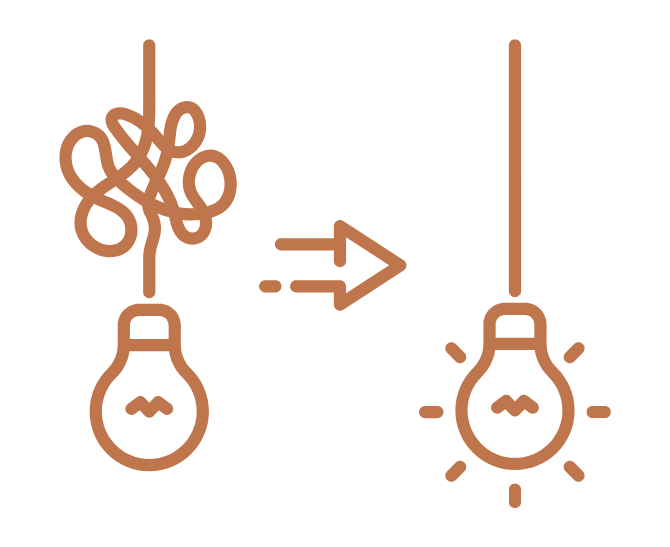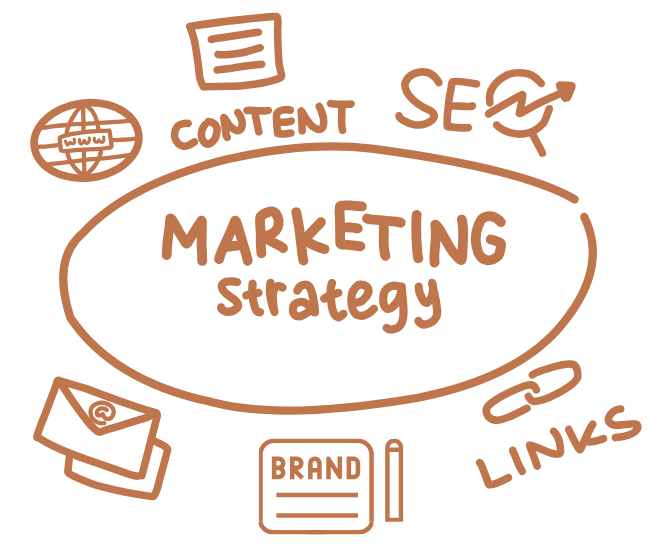More of what fulfills you, less of what doesn’t.
Wise Wolf is recognized for its deep understanding of the challenges within the helping sector. Our approach is data-driven and results-oriented, with an emphasis in understanding your vision.
We meet your business exactly where it is, empowering you to stay focused on changing lives while we handle the rest.
Marketing Your Practice
Business Consulting
As a mental health professional, you understand the power of having a trusted partner in growth. Your clients come to you for guidance, structure, and support, relying on your expertise to navigate challenges and find clarity. Your business deserves the same kind of partnership.

Testimonials
“Collaborating with Wise Wolf Consulting has been a fantastic experience. From the get-go, they made me feel valued and understood. Their commitment to my success is evident, and their team is always ready to listen and adapt to what I need, making the whole process feel effortless. A highlight of working with Wise Wolf Consulting is their knack for attracting the perfect clients. Plus, having a dedicated contact handling my website, SEO, social media, email, and content was a huge plus. What truly sets them apart is their proactive approach.”
Krysta M.
“Their unmatched expertise in SEO, social media marketing, content marketing, email marketing, and website design truly sets them apart. They took the time to understand my practice’s vision and needs, ensuring that the marketing plan was customized to fit my goals. The results have been phenomenal, with noticeable improvements in my practice’s online presence and client engagement. Their data-driven and results-oriented approach was exactly what I needed. I highly recommend Wise Wolf Consulting as your marketing agency.”
Gary D.
“Absolutely thrilled with Wise Wolf Consulting! They went above and beyond to fill my practice. Their savvy social media strategies, amazing Google Ads, and spot-on email marketing campaigns were exactly what I needed but didn’t know how to implement until I hired them. From day one, their team made me feel like a VIP, and having someone else handle my marketing was such a relief. Their customer service is top-notch—always responsive, super friendly, and genuinely invested in my success. If you’re looking for marketing pros who get results and treat you like gold, Wise Wolf Consulting is the way to go!!”
Rachel H.
Schedule Consultation
Let’s connect! Schedule a complimentary consultation to explore how we can support your goals.







